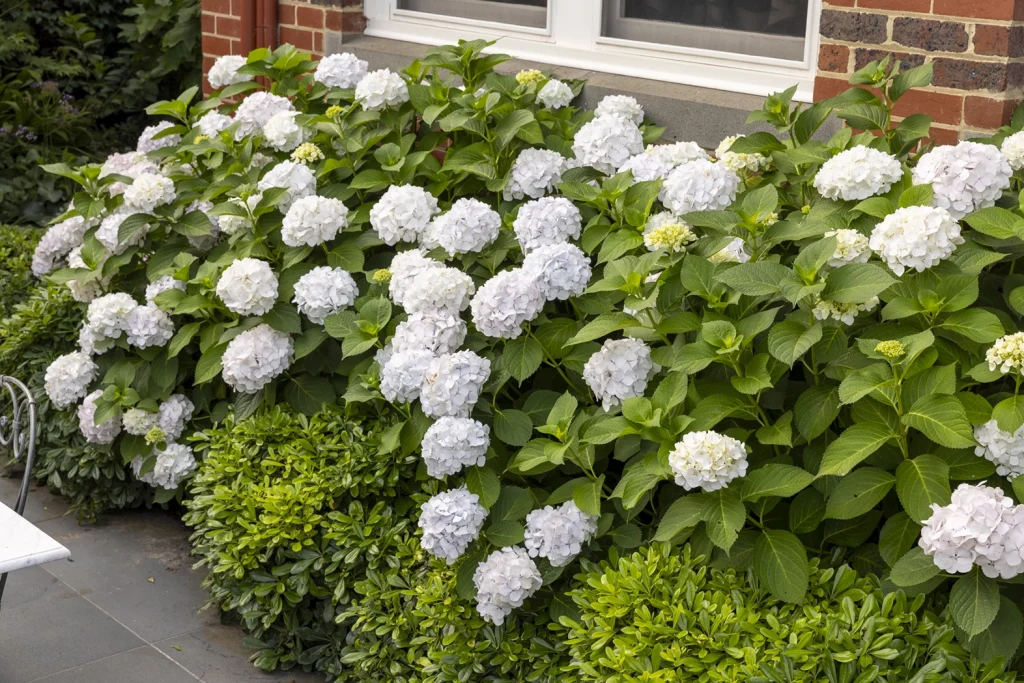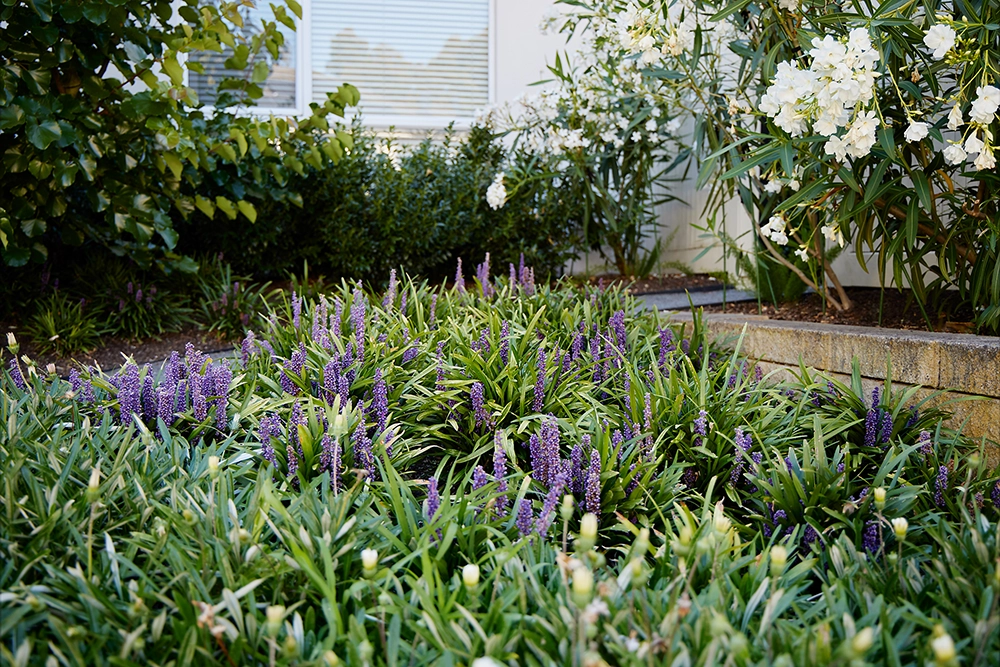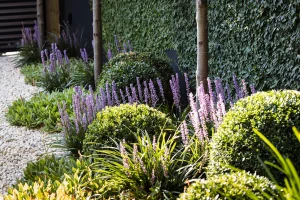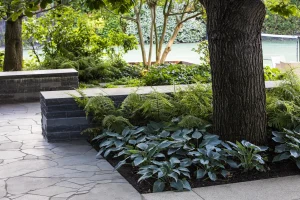With the recent warmth here in Melbourne, it feels as if Spring has sprung. Our days are getting longer, and we’re nearing the end of the colder mornings, making it the perfect time to head into your garden.
Here are our top Spring gardening tips on how to care for your garden:

Tidy Up
We spring clean inside our homes, so why not spring clean the garden too? After the frost, rain and harsh winter winds, it’s very likely there are areas of opportunity in your backyard. This is the prime time to sweep, rake and check any garden beds for debris or weeds.
Pruning
Pruning trees and trimming any shrubs is the best way to remove withered leaves and promote new growth. This would also be an ideal time to begin ‘training’ any climbing plants that you have, which involves using stakes or a trellis to support your plant’s growth.
Planting
Spring can be one of the best times of the year for planting. The soil is still moist, and it’s not yet too hot for plants to grow. Whilst it’s a great time of the year and appropriate to plant a wide range of different plants, we’d recommend flowers, fruit trees, herbs and veggies, bearing in mind what’s best for your climactic zone. Mulching after you’ve planted will reduce the evaporation of water from your soil and keep your plants hydrated. Mulching will also prevent erosion of your garden bed.
Fertilise
To help sustain both your newly planted garden and the established plants in your yard, we recommend fertilising the garden to promote ongoing growth. Different plants require different types of fertiliser, so it’s best to check with your local nursery if you’re unsure where to begin. As a general suggestion, we recommend liquid fertiliser for potted plants, blood and bone for natives and compost/ manure for veggie gardens. A friendly reminder that the amount of fertiliser differs between plants, so it’s important to understand the requirements before going ahead to avoid damaging any plants.
Pests
Pests are to be expected in all gardens. It’s very typical that they come and go with the seasons. When describing ‘pests’, we most commonly are referring to weeds and insects, but in more extreme cases, mould/ fungi.
Weeds are most easily managed by regularly weeding your garden, and if you continue to see weeds pop up, it may be time to consider a herbicide. In a thriving garden, insects will naturally be managed by birds and lizards. Alternatively, some home remedies (garlic, vegetable oil or dish soap, for example) or manual removal will also prevent insects from remaining present in your garden. In more extreme cases, we’d recommend contacting your local nursery for advice on the best action.

If you’re a keen gardener and are looking forward to making a start over the coming months, we wish you all the best, and we hope that our top Spring gardening tips will help you keep your garden in tip-top shape.
Alternatively, we also understand that busy lifestyles can impact your ability to maintain your home and garden, which is why you may be excited to learn that Ian Barker Gardens offers garden maintenance services, including fertilising, pest and disease control, weeding, mulching, pruning, removal of green waste and lawn care.
Please click here to learn more about garden maintenance services and to book a free consultation with our team.


